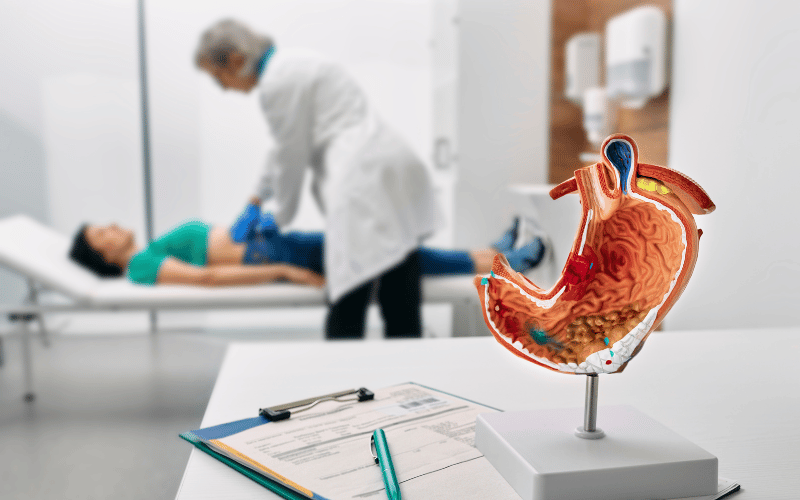4. Post-Infectious IBS: The Aftermath of Illness

It’s a scenario some IBS patients know all too well: following a bout of severe gastroenteritis or food poisoning, their digestive system never fully returns to normal. The exact reasons for this phenomenon, termed post-infectious IBS (PI-IBS), are still under exploration.
While the initial infection clears, some individuals continue to experience persistent IBS symptoms. The initial infectious event might alter the gut’s muscular activity or its sensitivity, leading to prolonged discomfort. There’s a twist in the tale, though. Not everyone who experiences a gastrointestinal infection will develop PI-IBS. The ‘why’ is a puzzle that researchers are diligently trying to piece together.
The gut’s response post-infection can be multifaceted. From immune system changes to altered gut flora, various factors come into play. Some studies even point to genetics, suggesting that certain individuals might be more predisposed to PI-IBS than others.
Despite its complexities, understanding PI-IBS offers a glimpse into the resilience and adaptability of the human gut. It’s a testament to how a single event can trigger a cascade of changes, emphasizing the need for continued research in this arena. (4)